BY MARYA SUMMERS
When I first became sick, I was consumed with the question What is happening to me?
It was a reasonable question, of course. I had been intellectually quick and physically dynamic before I got sick. Now I couldn’t read, couldn’t remember everyday words, and was having trouble finding the energy to even sit up for very long. With every new lab test the doctors ordered, I hoped for the answer to my question.
The inflammatory markers were high and the blood levels were off, but the tests didn’t reveal a standard, everyday illness that the insurance company recognized. Even the doctors disagreed on what the problem was. I was left without an answer.
Then, things got much worse. I was unable to keep working. I moved out of my apartment, which I thought might be contributing to my illness, and I moved into an 11-foot aluminum travel trailer with my cat. I moved from Los Angeles and tried using the trailer as a bedroom on my brother’s property in Denver. However, my health declined further and even more rapidly there. With increased pain and cognitive decline, I wondered why I was alive at all.
When answers and relief didn’t come, my question changed: Why is this happening to me?
If I’m honest, I was not at all comforted by the fact that this was also happening to thousands of other people – millions of people if you include all those with Lyme disease, mold illness, ME/CFS, fibromyalgia, mast cell disorder, multiple chemical sensitivity and other invisible, debilitating illness. This illness still felt deeply personal as if I had somehow failed at life. I mean, good health is the foundation of life, after all.
It really didn’t help that a lot of the spiritual outlets to which I turned all reassured me that if I prayed the right way and believed the right things that God would heal me or that my correct-thinking would heal me. In essence, their message was that my wrong thinking or wrong believing or wrong praying had wrought my ill health.
By the time chronic illness had emptied my life of everything that I had thought of as important, I had already been living my way to an answer, as Rainer Maria Rilke says in Letters to a Young Poet. I had embraced the question, What can I do now that I couldn’t do before?, which had connected me with a willingness to keep going and deepened my spiritual life so that I became aware that illness had been a gift.
It was dark, difficult, and unwanted gift, but it had bestowed important, priceless lessons I probably never would have learned without it.
First of all, I learned that I am not my mind, nor is my value determined by my intellect. I could have gotten that question right on a written test before the illness, but I didn’t really know it until my health collapsed and my intellect was stripped from me. I really began to feel not only my own but everyone’s inherent value independent of their abilities. For the first time, I was no longer an ableist. I started understanding how I had foisted my biases upon other people and created barriers to inclusion for them.
Also, as a homeless, jobless person in pain, I finally understood true helplessness and abject suffering about which nothing could be done. Compassion for myself and others blossomed in me much like it did in the Grinch when his heart grew three sizes in one magical Christmas day. I started to understand everyone’s limitations, even the limitations of the people who had let me down in significant ways. We were all hindered by disabilities of differing kinds.
Perhaps most importantly, illness had deepened my faith. I’d always been interested in spirituality, and read widely the literature of a number of spiritual traditions. I also put my faith into action. But being sick put my faith to the test. And it was a trial by fire! Just as fire hardens steel, my faith was forged as weapon against despair in the furnace of suffering.
People who were close to me began to comment on my growth. And I, too, could not deny that illness had made me a better person. Not a richer person. Not a more beautiful person. Not a smarter person. Nothing that could be commodified had improved, but at my soul level, I was richer, more beautiful, and wiser than I had ever been.
In the light of these things, I realized that illness had not happened to me, it had happened for me.
Opening Your Own Gift: As you are able, make a list of the positive things that have resulted from being ill. If you cannot think of anything, ask someone who loves you and knows you well if they will help you. Or, if you have not accepted your gift yet and are, consequently, unable to open it, use your imagination and write down what it would be like if you were to accept illness as a gift.

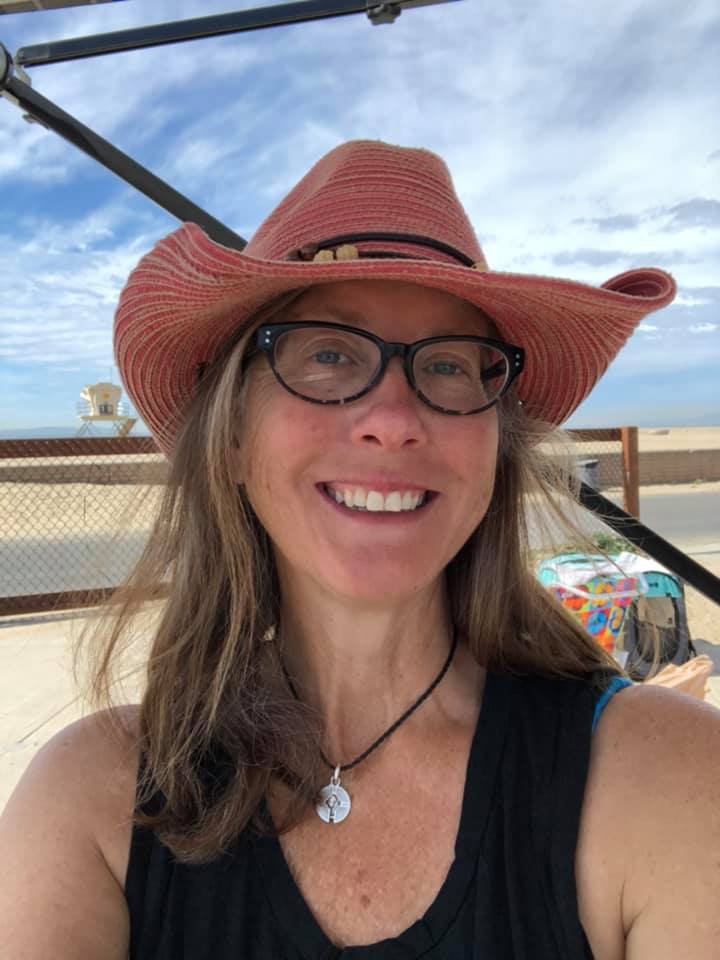
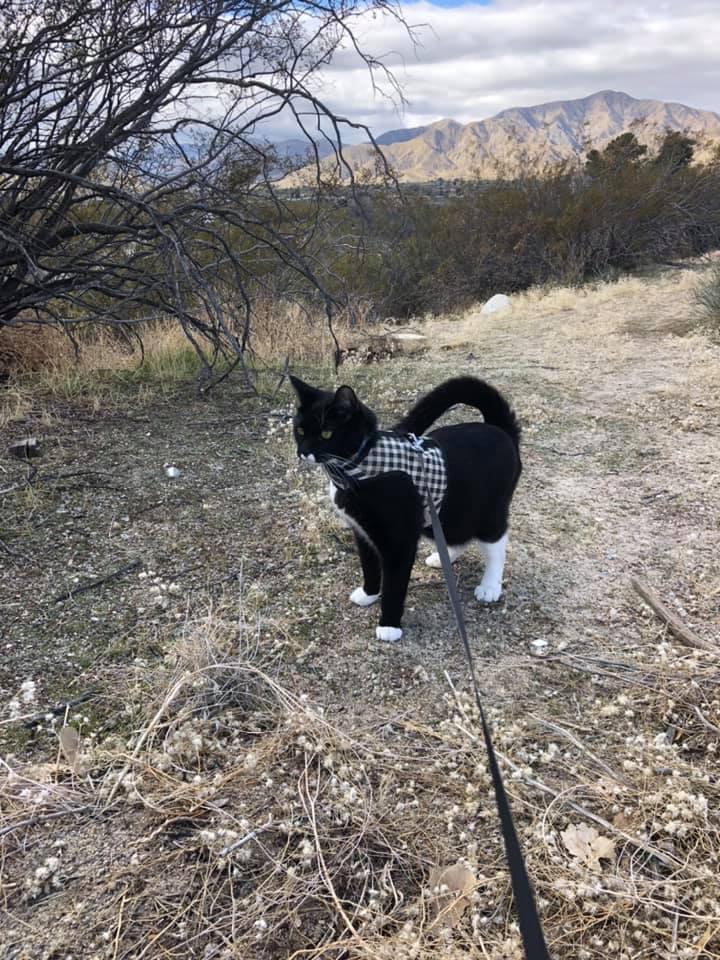


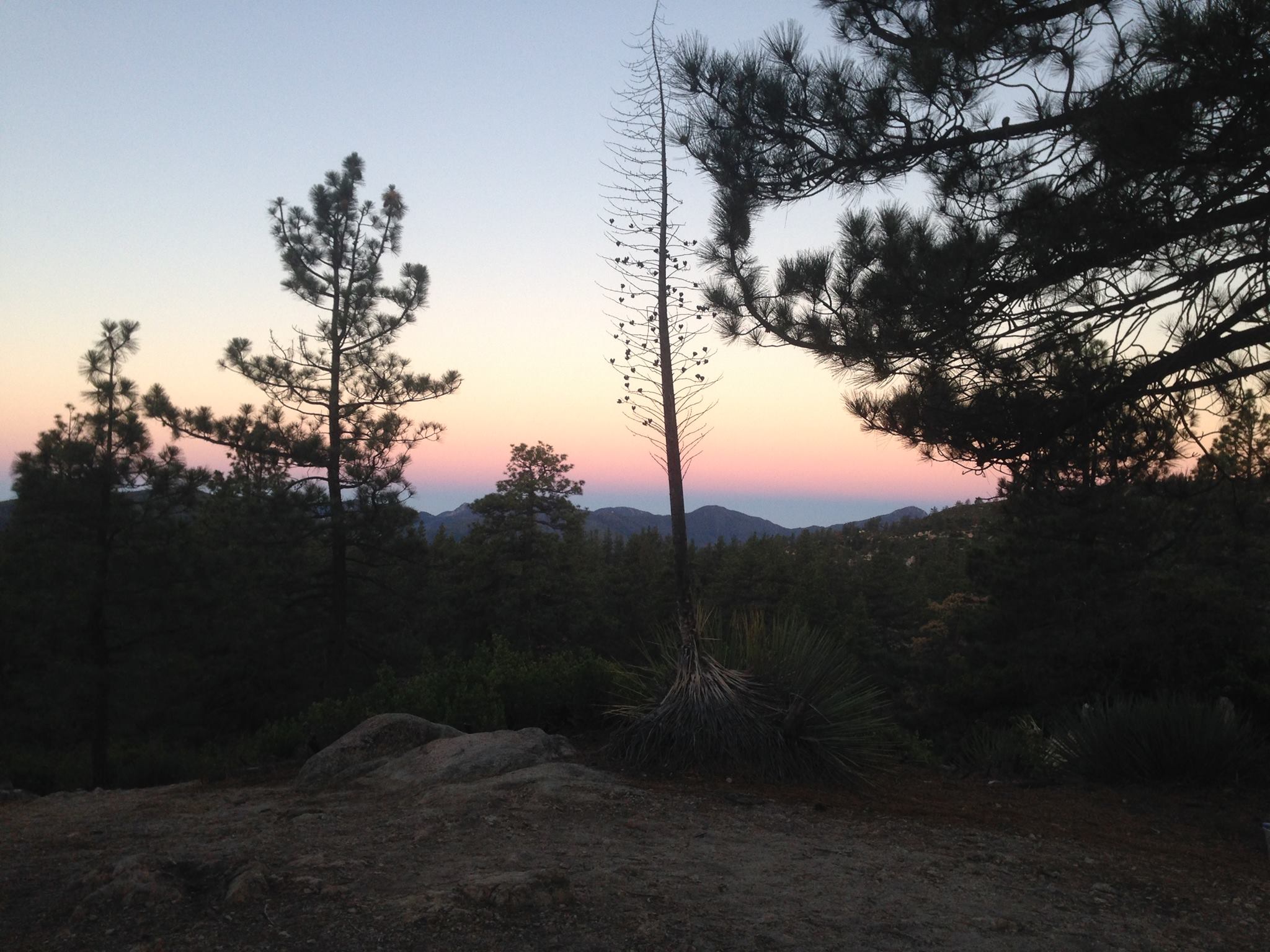 At home, my writerly independence can feel isolating. I can’t tell you how many times I’ve prayed for a spiritual and creative partner. So many times. Too many to count. Despite all my many requests, I am single. I live alone. I work alone.
At home, my writerly independence can feel isolating. I can’t tell you how many times I’ve prayed for a spiritual and creative partner. So many times. Too many to count. Despite all my many requests, I am single. I live alone. I work alone.
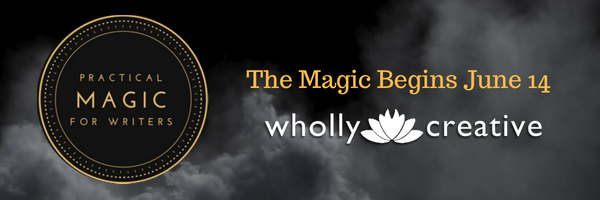

 In a commitment to this new life, I moved across the country to California, and I began cultivating a yoga practice that changed everything.
In a commitment to this new life, I moved across the country to California, and I began cultivating a yoga practice that changed everything.


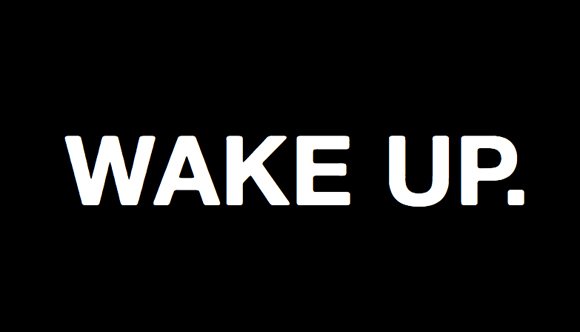
 At night, similarly, we enter the theater of dreams, seeing stories unfold that terrify, delight, and amaze us. When we wake, we may remember them and wonder about them, but mostly, we shake them off because they aren’t “the real world.”
At night, similarly, we enter the theater of dreams, seeing stories unfold that terrify, delight, and amaze us. When we wake, we may remember them and wonder about them, but mostly, we shake them off because they aren’t “the real world.”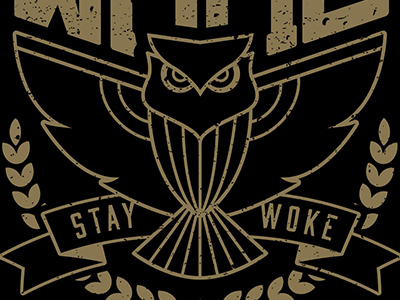 Of course, this takes lots of work. It takes work at things people will often dismiss as frivolous and impractical. Working with the subtle forces of deities (which is to say “archetypes”) and of our desires and aversions is the stuff of magic that wakes us up inside the dreams of our lives so that we are lucid and empowered, and we recognize the significance of everything.
Of course, this takes lots of work. It takes work at things people will often dismiss as frivolous and impractical. Working with the subtle forces of deities (which is to say “archetypes”) and of our desires and aversions is the stuff of magic that wakes us up inside the dreams of our lives so that we are lucid and empowered, and we recognize the significance of everything.